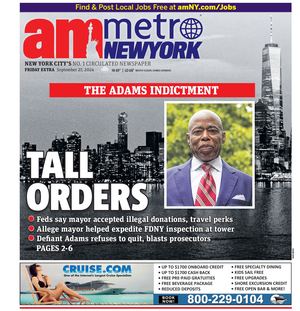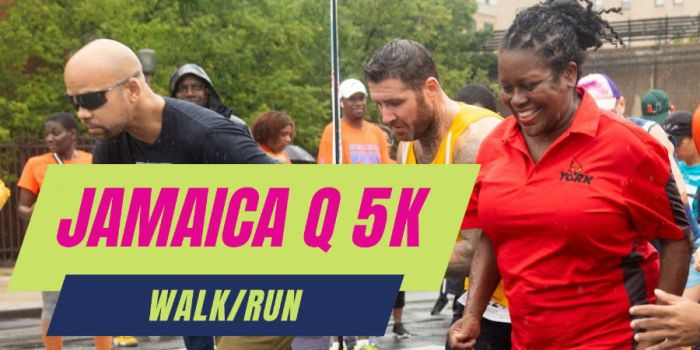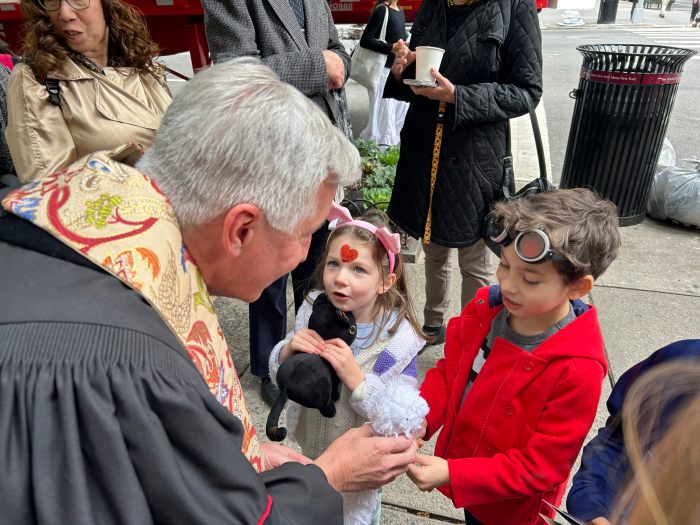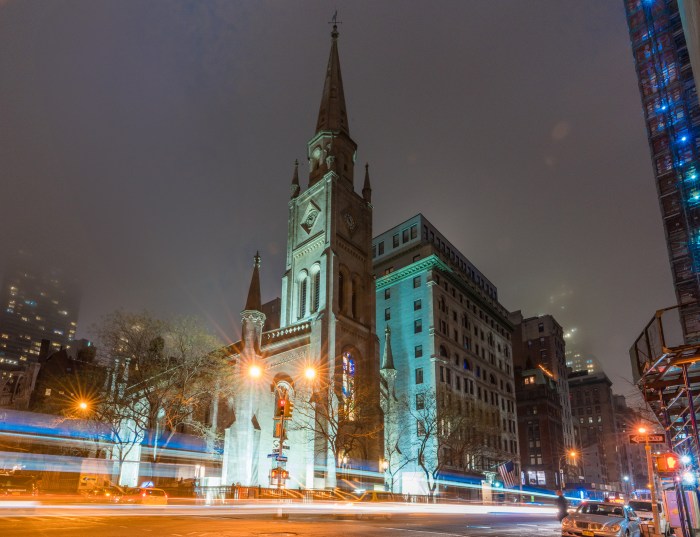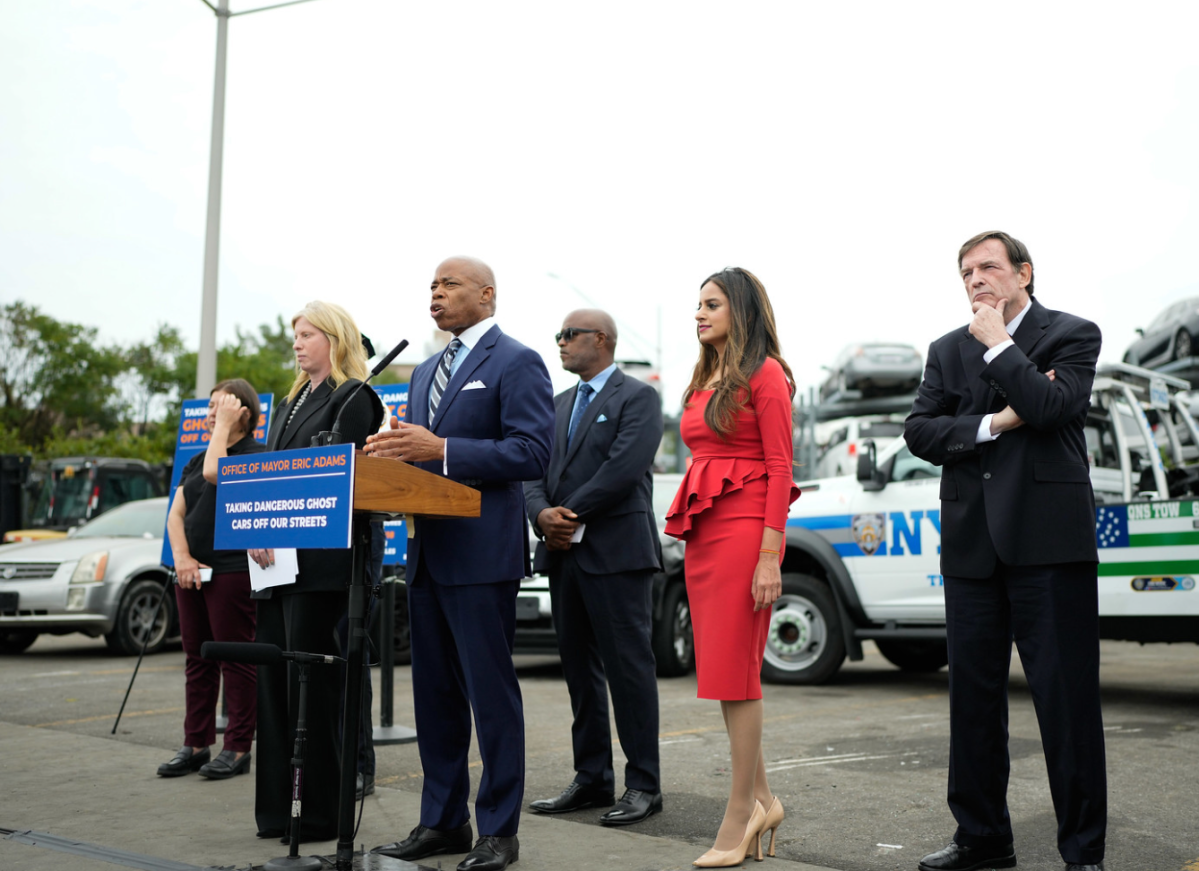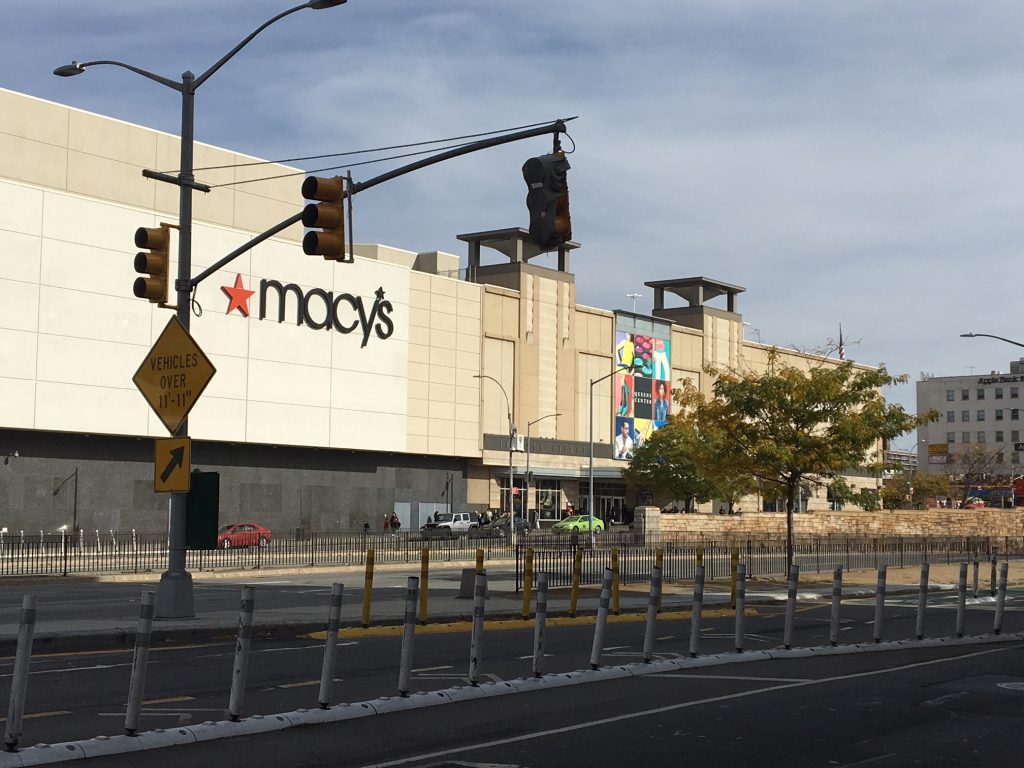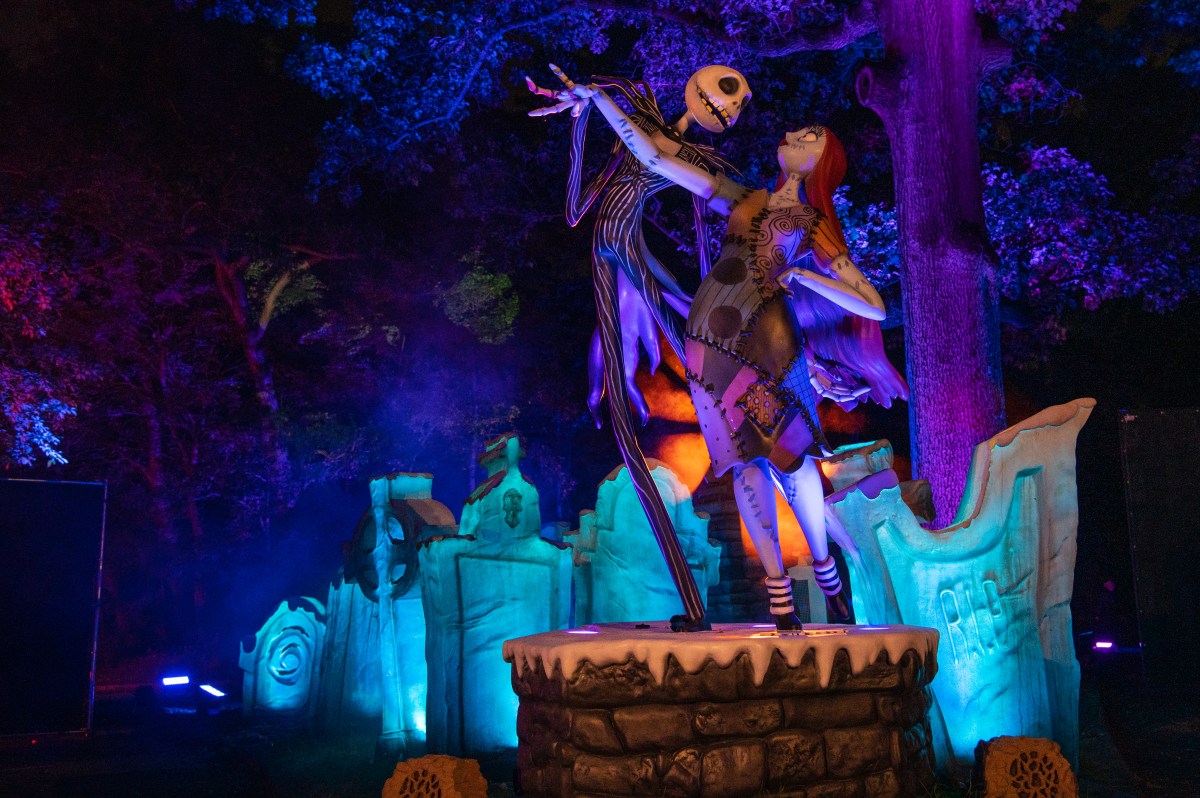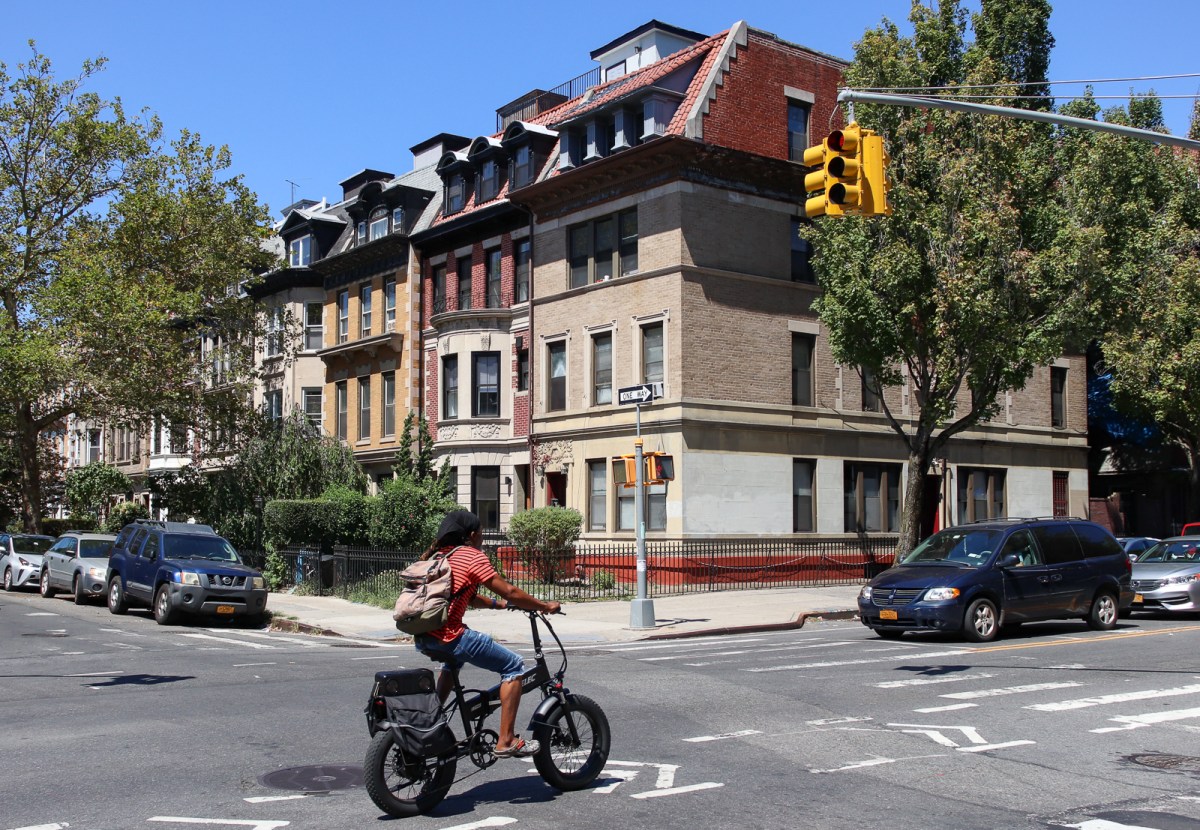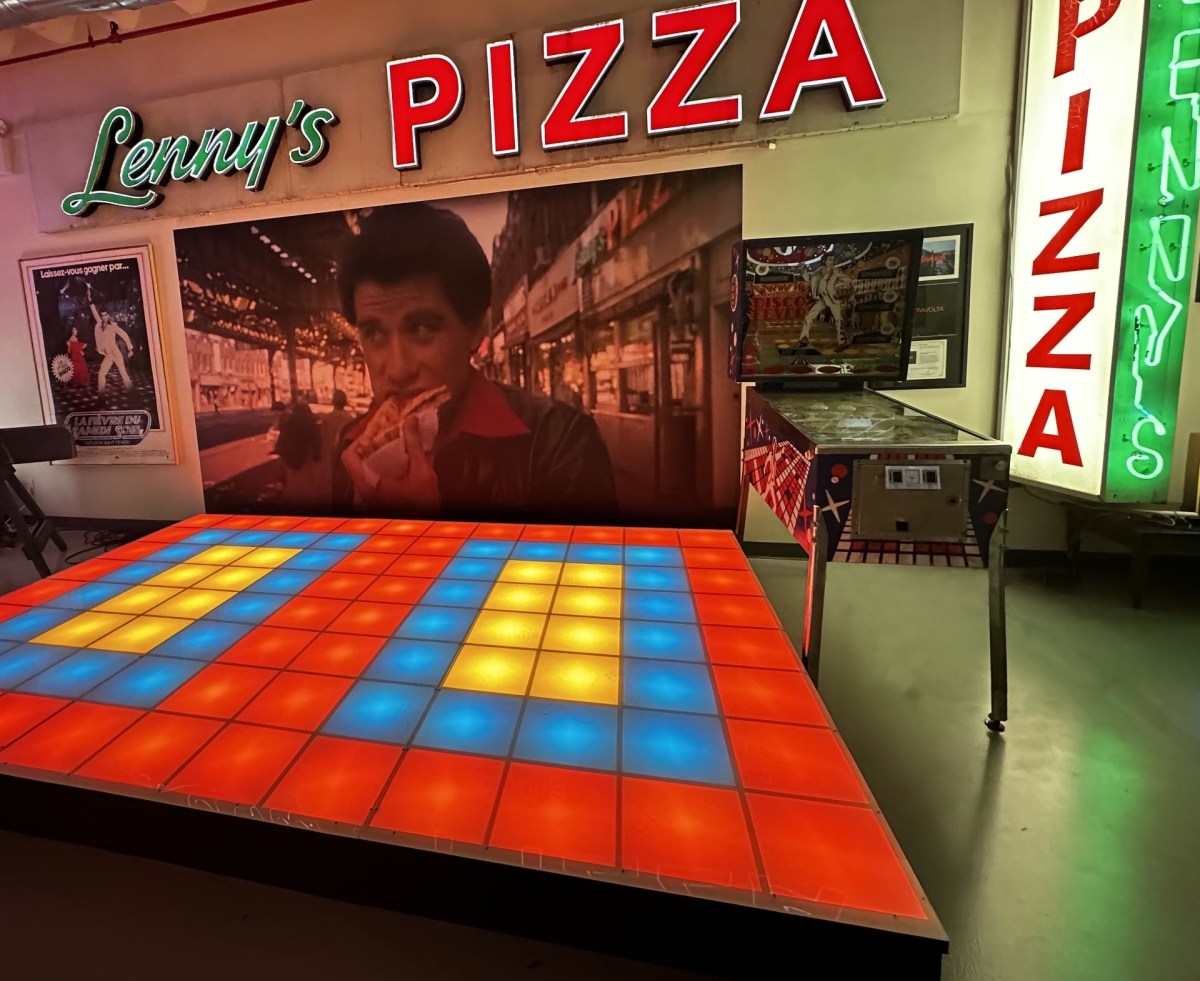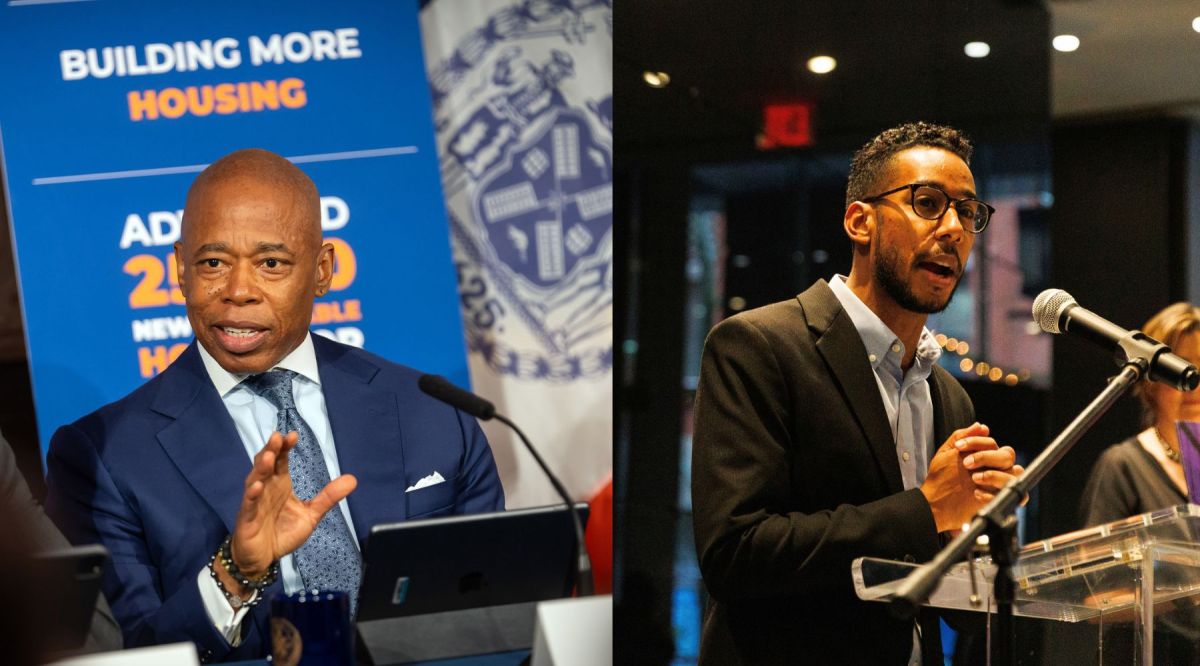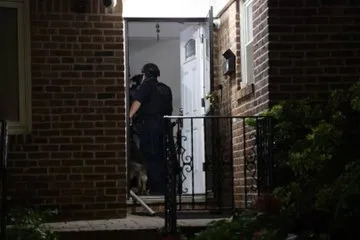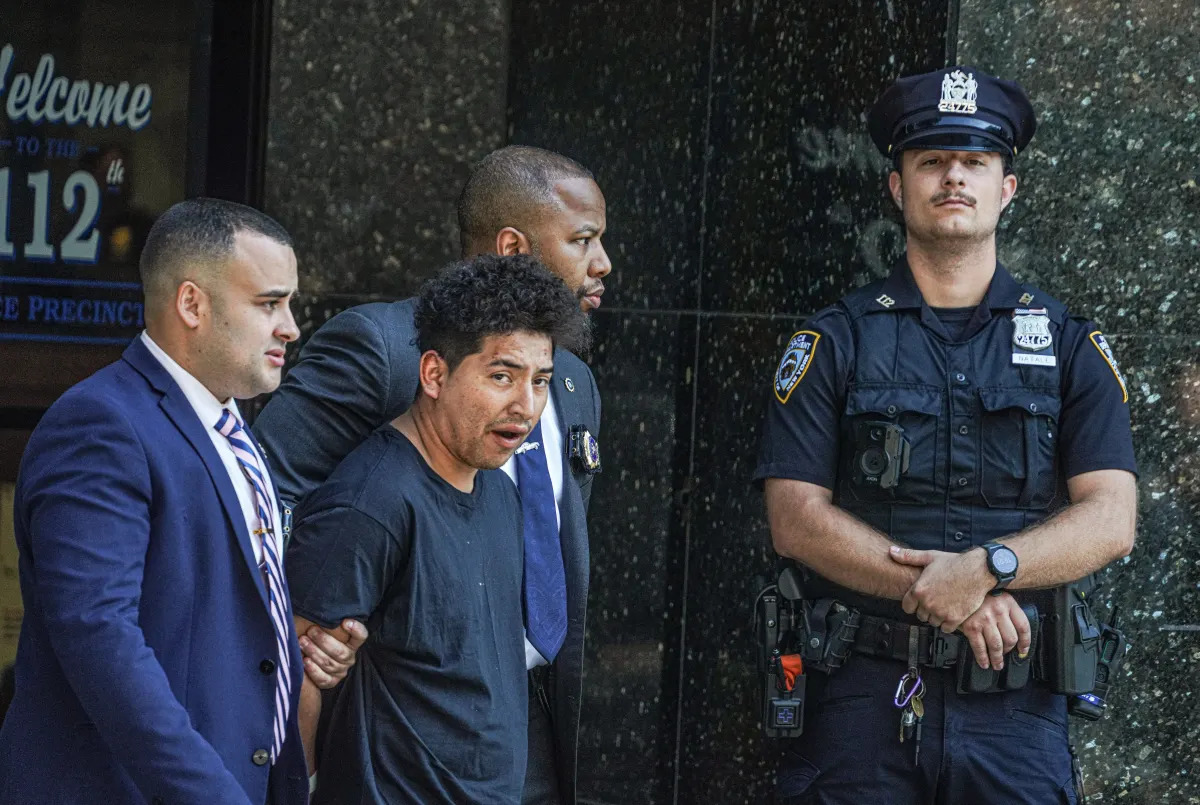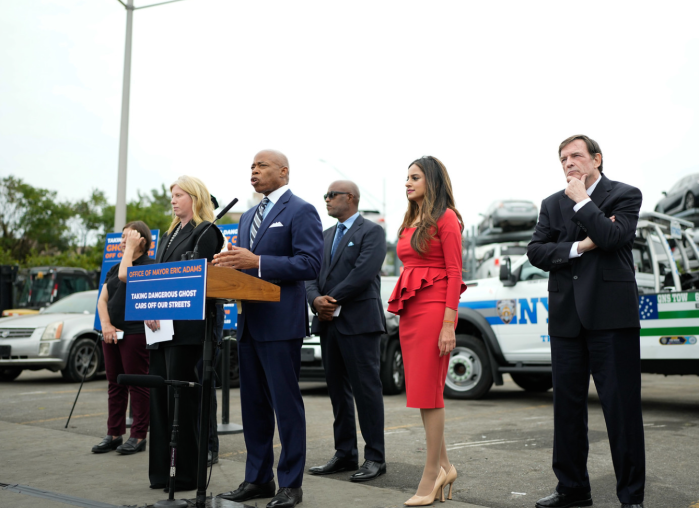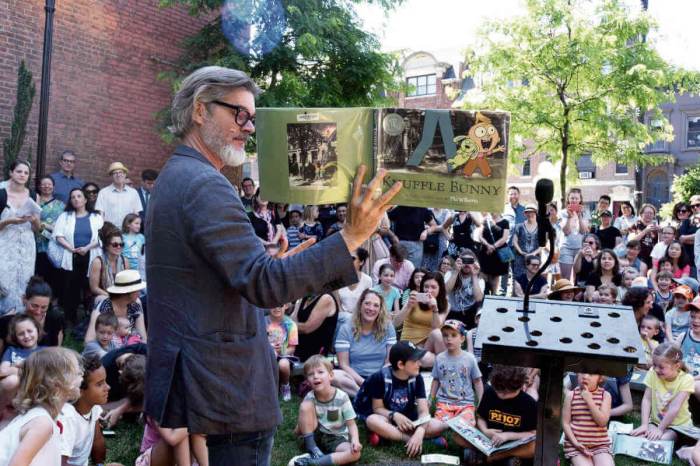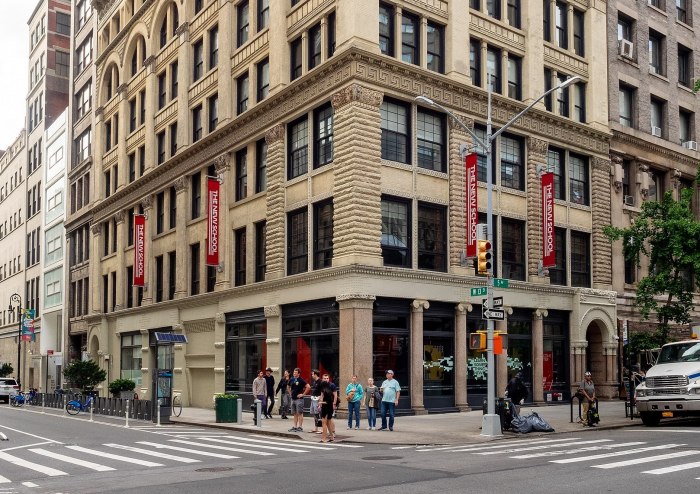BY ANDREY HENKIN
Neurosis; Mastodon; US Christmas
Brooklyn Masonic Temple
Some 20 years after forming, the Bay Area band Neurosis is now part of a larger aesthetic it was instrumental in forming, a causality paradox on full display across the river at the Brooklyn Masonic Temple January 24th. The band, in support of their new, eleventh album “Given to the Rising,” was on a triple bill with the substantially younger Atlanta-based Mastodon and the even younger-than-that US Christmas.
The theme of the evening — and this was a thematically-booked concert, or appeared so after the fact — was density, a sort of droning, almost lethargic insistence well-suited to the modern hipster metal crowd in attendance. The venue, the Masonic Temple — where the bouncers don’t wear leather aprons — had much to do with the effect. With its distinct high school auditorium vibe, the three bands could have been part of some oddly conceived talent show.
There is an old metal maxim that the rounder the guitar, the lower the general frequency of the music played. This rule was upheld by a plethora of Gibson Les Pauls, with a couple of Flying Vs as token minorities. Throughout the three bands’ sets, most of the time was spent in a muddy middle register at a generally excruciating slow pace, Mastodon being the only group to make extended forays into triple-time metal cadenzas.
Things haven’t changed much since 1987, when the opening band was best ignored. US Christmas — three guitars, bass, drums and electronics — generated their momentum, as such, through heavy layering and songs that were indistinguishable from each other. The vocalist, in a brown-fringed leather jacket no less, sang in the high-pitched wail of someone who couldn’t afford an iPhone. There were no guitar solos, so any of the wail once associated with metal was accomplished via electronics or one of the guitarists doubling on theremin. This was gloomy and lifeless and the sparse crowd milled around accordingly.
Mastodon received the greatest reaction of the evening, appropriate given their stature as one of the young lions of nu-metal and appearances at several recent metal festivals. The band gives nods to some more traditional metallic forms with faster tempos and some riff-based sections to offset their usual gummy, chord-heavy songs. There were even some guitar solos, albeit not very good ones, and a few mosh-friendly moments, which invigorated a crowd that was probably late because of the G train. An interesting aspect to Mastodon — besides the Mick Jagger-meets-Bruce Dickinson pelvic lunges of the bassist — is its two singers. The aforementioned bassist, tall with dark hair, sang in a rather appealing low roar, strongly contrasted by the lead guitarist, shorter with blond spikes, who shrieked in a raspy high pitch. The differentiation was welcome but the recollection Beavis and Butthead episodes were inevitable. Mastodon’s currency is a certain flailing raw energy, not unlike early efforts from North Carolina’s Corrosion of Conformity. Ah those southern boys. Their 70-minute set lagged towards the end and they had to restart three times to get a particularly fast tune right, but theirs was a fluid show, complete with taped transitions that maintained forward momentum.
Neurosis has refused to become irrelevant during the tumultous last two-plus decades of metal upheaval. And this dogged stick-to-it-ness also marked their set. Much like the earlier US Christmas, though far more honed and deliberate, Neurosis’ new material is mind-numbing, chords thickly spread over an apocalyptic drumbeat and rumbling bass so loud it must have disturbed the exchanging of secret handshakes elsewhere in the building. The band, which has a remarkably stable lineup for the metal/hardcore world it inhabits, played in front of a screen which displayed all sorts of pseudo-deep imagery: wolves running through fields, silhouettes, fruit rotting. This Brakhage-ian backdrop was nothing if not appropriate for the doom-laden, almost gelatinous music. The band also has two singers — is this where Mastodon got the idea? — though they sound exactly alike, so perhaps the intent is to give each other rest rather than create different feels. And like Mastodon, their songs were also connected via taped sounds (a good thing to tune under), creating less of a metal effect and more of an art-rock feel. The simplicity was drawn from their hardcore roots and the ethereality from ambient and electronica. This is music to decompose to.
